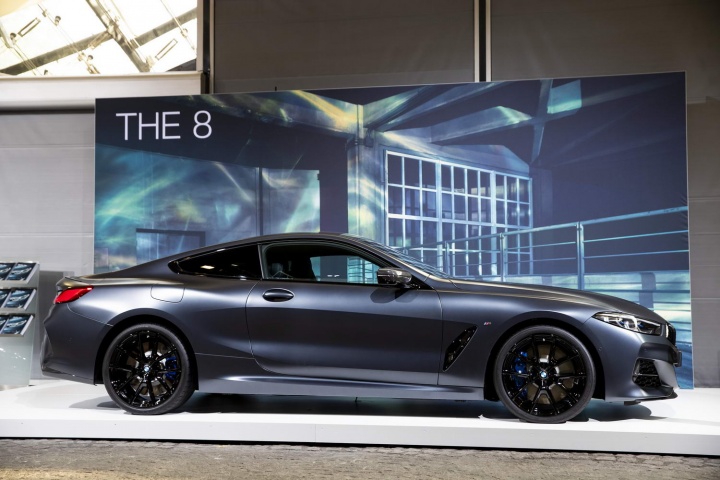What's the news?
BMW is gearing up for a major electric assault on the world's car markets in the next 24 months, with four new battery-powered vehicles.
The Munich firm already sells the all-electric i3 (150,000 of which have been sold to date) but its electric range is about to expand dramatically. By the end of this year, the all-electric MINI Cooper S-E will have been launched, and early next year, we'll get the electric BMW iX3 SUV, which will be built in a new factory in Shenyang, China. Then in 2021, we'll see the iNEXT - BMW's rival to the Audi e-Tron quattro and Mercedes EQC - and the i4, a sleek four-door coupe electric model.
"Our market is global. We don't want to tell people what to do; we want our products to inspire people all over the world. Our flexible electrification strategy underlines this approach and enables us to serve very different regions of the world, as the introduction of alternative drive trains is proceeding at a different pace in different markets," emphasised Harald Krüger, Chairman of the Board of Management of BMW AG, at the company's Annual General Meeting in Munich on Thursday. "Technological openness is key to being prepared for the regulatory requirements and customer wishes in different markets," he added.
By 2025, BMW wants to have at least 25 electrified models - including plug-in hybrids - on sale. The new 3 Series plug-in versions will be launched this summer, alongside new plug-in models of the 7 Series and X5, which upgrade from four-cylinder to straight-six petrol power. A plugin X1 is also on the way (and in fact is already on sale in China).
"Technology openness also means continuing to improve our already efficient combustion engines. We are systematically driving e-mobility with both fully-electric vehicles and plug-in hybrids, and investing in new technologies such as fuel cells. We believe it would be a mistake to rely on just one technology, as that could jeopardise prosperity in Germany," said Krüger.
BMW wants to maximise the potential of plugin hybrids to help it meet not only incoming new legislation limiting the CO2 emissions of car manufacturers, but also to get around potential city centre restrictions for all but the cleanest vehicles. According to BMW's research: "The effective role plug-in hybrids can play in achieving emission-free mobility in cities is demonstrated by the example from the Netherlands: In conjunction with the City of Rotterdam, the BMW Group has implemented a pilot project to increase the use of electric power by plug-in hybrids in the city. Preliminary results indicate that participating customers drove over 90 per cent in electric mode in a specially defined "e-zone" within Rotterdam."
Krüger added: "We all have a responsibility to ensure a world worth living in for our children. We are bringing the right products to achieve this onto the market and have set ourselves the goal of purchasing electricity for our locations worldwide exclusively from renewable sources from 2020 on. By 2020, we also aim to have reduced the CO2 emissions of our new vehicle fleet in Europe by at least 50 pe cent compared to 1995 levels. By the end of 2018, we had already achieved 42 percent."













